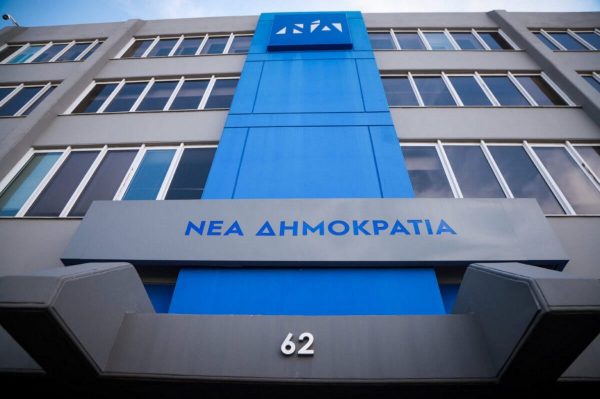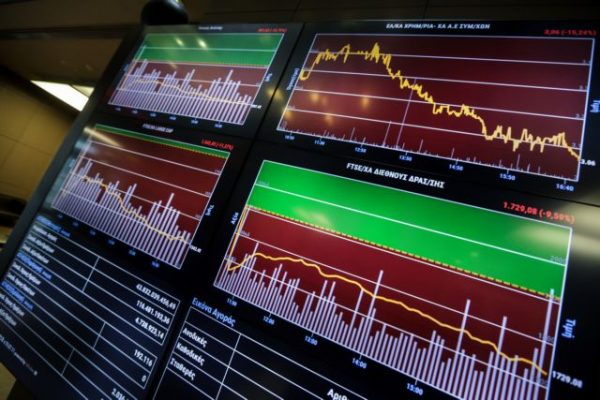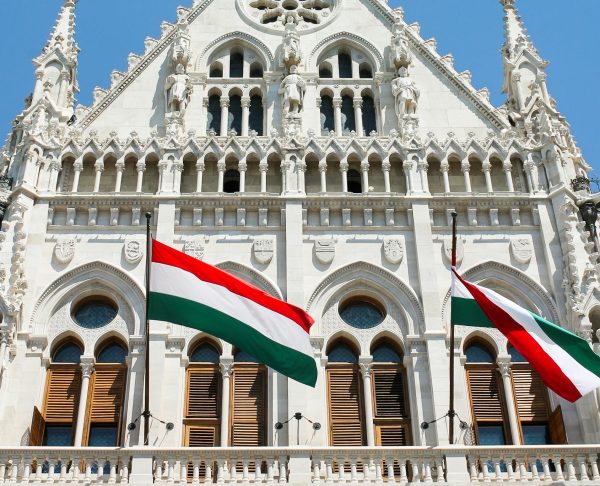
In the early 1990s, after the collapse of the Eastern Bloc, a new era began for the economies of the Balkans and wider SE Europe.
The first openings of Greek companies that saw the countries of the region as a first class opportunity for investments with high returns, were not long in coming.
In this way, the banking administrations were given the impetus to start the expansion outside Greece, with the central goal, during the first years, being the financial service of the Greek business.
Entering the Eurozone
However, the growth that made Greek groups protagonists in many SE Mediterranean countries began after joining European Monetary Union.
The financial resources were now unlimited, giving a unique opportunity to the largest banks to consolidate in the developing European economies, both with the creation of autonomous networks, and with the acquisitions of local credit institutions.
Thus, in about 7 years, they controlled almost 1/3 of the total assets in Bulgaria, Romania, Albania, and Serbia, while maintaining significant percentages in Skopje, Ukraine, and Cyprus.
In addition, the domestic industry had set foot in the Turkish banking system, after the acquisition by the National Bank of Finansbank, which was then in the TOP-5 in Turkey’s retail banking sector.
With these moves, a parallel banking system was created in 15 countries, with assets of 90 billion euros, a network of branches with 3,500 units and more than 40,000 employees.
The beginning of the end
The outbreak of the global financial crisis in the late 2000s completely overturned the tables, as it caused upheavals both in the macroeconomic level and in the Greek banking system, especially after the cut in public debt (PSI).
Three consecutive recapitalizations followed to keep the systemic groups on their feet. Anyone who did not have the opportunity to raise the necessary resources from the private sector, signed a “contract” with the European supervisor to reduce activities outside Greece.
And if after the recapitalizations of 2013 – 2014, the banks managed to keep a significant part of their investments abroad, everything changed the very next year.
The failure of the then government in negotiations with creditors and the announcement of a referendum inevitably led to the imposition of capital controls and a third recapitalization.
These developments marked the final divorce with most of the Balkan markets, but also the withdrawal of the National Bank from the Turkish market with the sale of 100% of Finansbank.
Only Alpha Bank and Eurobank kept part of their investments, as they also managed to cover the deficits of private investors in the 2015 capital increases.
The former currently operates in Albania, Cyprus, Romania and the latter in Bulgaria, Serbia, and Cyprus. Piraeus and the National Bank, on the other hand, were forced to leave all foreign markets, as they received state support for their recent recapitalization.
A new expansion is coming
Since then, of course, a lot of water has flowed under the proverbial bridge. The country has exited the memoranda, returned to the markets, confidence has been largely restored and the banks have made decisive openings for the full consolidation of their balance sheets.
In this context, plans have been reactivated to expand their sources of profit abroad. In fact, Alpha Bank and Eurobank have already taken the first steps in implementing their strategic plan.
The latter announced a few days ago the merger by absorption of its Serbian subsidiary with Direktna, which will rank it 7th among all commercial banks in the country, with a share of 6.50% in loans.
This is the first expansionary operation generally carried out abroad since the 2000s, with the acquisition of a non-domestic credit institution.
In fact, the management of Eurobank has stated that it is ready to take advantage of every opportunity that will be presented abroad in countries in which it has or does not have a presence today.
The new scheme in Serbia will have total assets of over 2 billion euros, total equity of over 300 million euros and after the full implementation of the estimated synergies, pre-forecasts and net profits of over 50 million euros and 35 million. euros respectively. Earnings per share are estimated to increase by 3% after the synergies are implemented.
On the other hand, Alpha Bank, after the capital increase of 800 million euros, will focus on the increase of financing in Romania and Cyprus, with the aim of enhancing the profitability of its subsidiaries, through the creation of a holding company that will act as an umbrella for all its activities abroad, its management aims to raise the value for the group as a whole.
Through this move, its plans that strategic flexibilities will emerge, which will allow “Alpha Bank abroad” to become a key source of profitability for the group.
Latest News

PM Mitsotakis to Chair New Democracy’s Committee Meeting
Today’s meeting is seen as a crucial opportunity to halt internal disputes within ND and reaffirm unity within the party.

Trump Tariffs Jeopardize Growth: Piraeus Chamber of Commerce
The tariffs, aimed at reducing the U.S. trade deficit, are expected to have both direct and indirect effects on the European economy

EU Condemns Trump Tariffs, Prepares to Retaliate
As tensions escalate, the EU is expected to continue negotiations with Washington while preparing for potential economic retaliation.

The Likely Impact of Trump Tariffs on Europe and Greece
Trump tariffs are expected to negatively affect economic growth in the Eurozone while Greece's exports could take a hit.

Motor Oil Results for 2024: Adjusted EBITDA of 995 mln€; Proposed Dividend of 1.4€ Per Share
Adjusted EBITDA for 2024 was down 33% yoy. The adjusted profit after tax for 2024 stood at 504 million euros, a 43% decrease from the previous year

Cost of Living: Why Greece’s 3% Inflation Is Raising Alarm
Greece appears to be in a more difficult position when it comes to price hikes, just as we enter the era of Trump’s tariffs.

Fitch Ratings Upgrades the Four Greek Systemic Banks
NBG’s upgrade reflects the bank’s ongoing improvements in its credit profile, Fitch notes in its report, including strong profitability, a reduction in non-performing exposures (NPEs), and lower credit losses

Trump to Announce Sweeping New Tariffs Wednesday, Global Retaliation Expected
With Trump's announcement just hours away, markets, businesses, and foreign governments are bracing for the fallout of one of the most aggressive shifts in U.S. trade policy in decades.

Inflation in Greece at 3.1% in March, Eurostat Reports
Average inflation in the eurozone settled at 2.2%, compared to 2.3% in February

Greece’s Unemployment Rate Drops to 8.6% in February
Despite the overall decline, unemployment remains higher among women and young people.
























![ΕΛΣΤΑΤ: Αυξήθηκε η οικοδομική δραστηριότητα κατά 15,6% το Δεκέμβριο [πίνακες]](https://www.ot.gr/wp-content/uploads/2025/03/DSC9655-2-1024x569-1-90x90.jpg)

![Δασμοί Τραμπ: Οι επιπτώσεις στις ελληνικές εξαγωγές και στην ευρωπαϊκή οικονομία [γραφήματα]](https://www.ot.gr/wp-content/uploads/2023/10/ot_exagog_ISRAEL-600x352.png)















 Αριθμός Πιστοποίησης
Αριθμός Πιστοποίησης